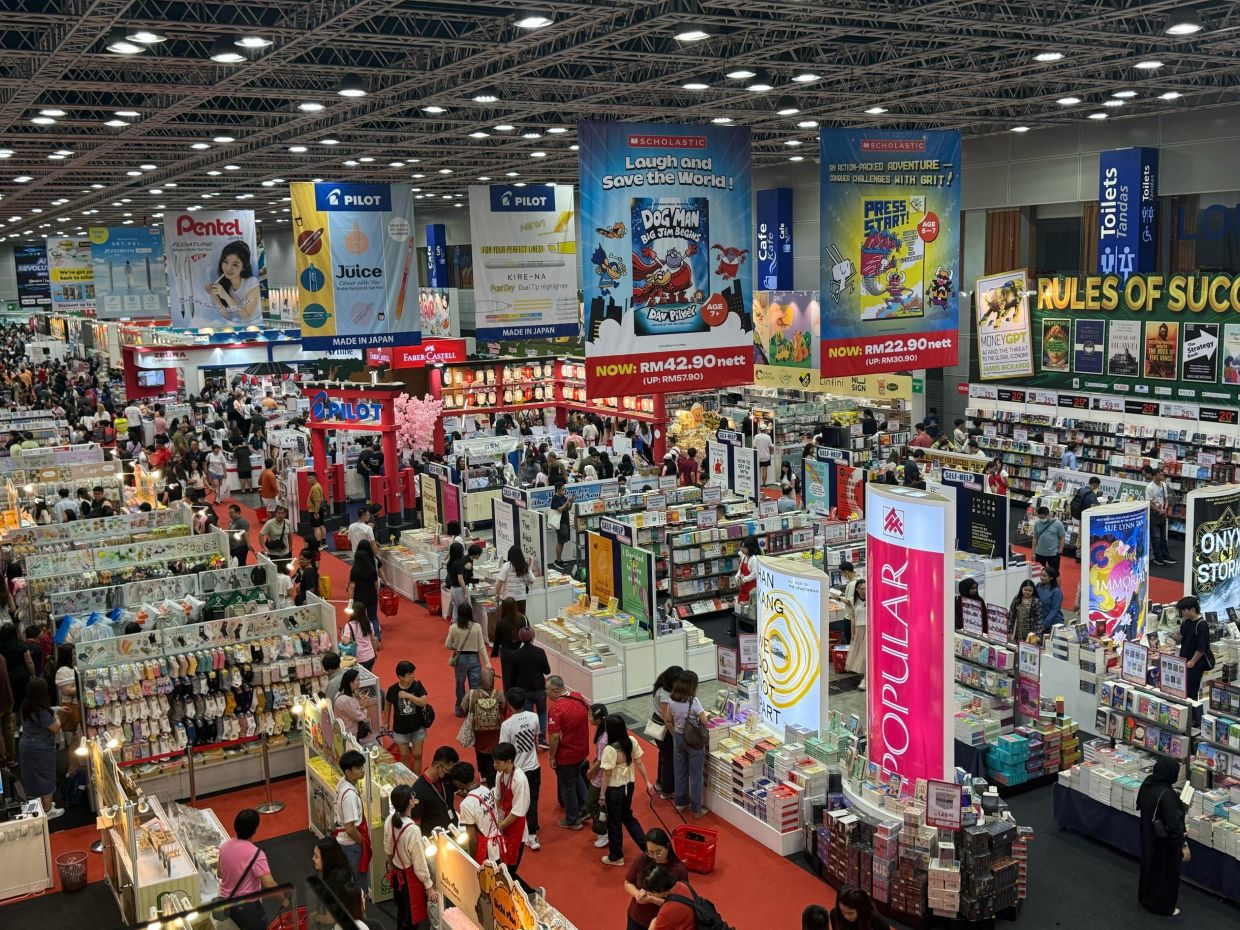
ALGIERS: Algeria plans to spend US$5.4bil boosting what are already Africa’s largest desalination facilities, as climate change piles pressure on the member of the Organisation of the Petroleum Exporting Countries’ water supplies.
Five new plants due to start operating this year will hike the amount of drinking water the nation will have the capacity to produce from the Mediterranean to 3.7 million cubic m per day from 2.2 million, according to Lotfi Zennadi.
Zennadi is the chief executive officer of state-owned Algerian Energy Co.
Six more installations are planned by 2030, he said.
The drive comes as the North African nation of 47 million people grapples with a dramatic decline in rainfall over the past two decades that’s periodically drying out reservoirs and contributing to wildfires.
Rare protests erupted in a drought-hit desert city in June after authorities introduced water rationing.
Algeria’s initiative thrusts it to the forefront of a growing trend in Africa, where soaring populations and more frequent climate-induced water shortages are forcing countries to step up investment in desalination despite the high costs.
It’s a process already favoured by wealthy states on the Arabian peninsula, where almost all drinking water comes from the sea and one of the world’s largest plants is found at Jebel Ali in Dubai.
AEC, a subsidiary of state oil firm Sonatrach, will own and operate the plants that’ll use the power-intensive process of reverse osmosis, Zennadi said in the Algerian capital, Algiers.
It wasn’t clear how much natural gas will be needed to produce electricity for the plants.
Tapping the nation’s vast reserves of the resource may potentially affect the surplus quantities for export coveted by key European markets.
Africa’s biggest country by area, Algeria now targets getting 60% of its drinking water from desalination by the turn of the decade, compared with 42% currently.
Authorities are investing US$2.4bil in the first phase and US$3bil in the second.
Each of the 11 facilities will be able to produce as much as 300,000 cubic m of drinking water per day, according to Zennadi. — Bloomberg









































